MCQ ON IMMUNITY class 12 for NEET | IMMUNITY class 12 | MCQ IMMUNITY with Answer | Check the below NCERT MCQ question for class 12 Biology based on the with Answers.
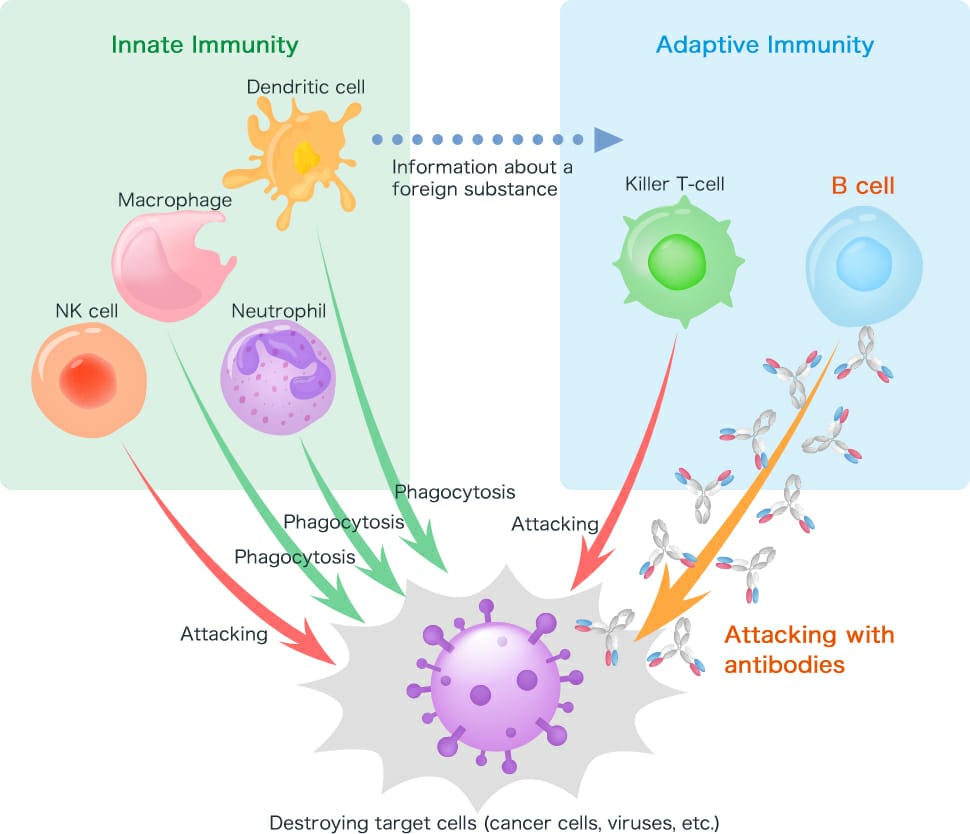
MCQ ON IMMUNITY class 12 for NEET
MCQ on IMMUNITY class 12 Biology with answers were prepared based on the latest pattern.We have provided class 12 Biology MCQs questions on IMMUNITY with Answers to help students understand the concept very well.
MCQ ON IMMUNITY is useful for NEET / CSIR / UGC / CBSE / ICSE / AIIMS / EXAM / AFMC EXAM / STATE LEVEL MEDICAL EXAM 2022-23, 2023-24
Introduction:
Everyday we are exposed to large number of infectious agents however only a few these exposes result in disease why this is due to the fact that body is able to defend itself from most of the foreign agents this over all ability of the host to fight the disease causing organisms conferred by the immune system is called immunity. Each of two types innate immunity and acquired immunity. Innate immunity is non specific type of defence that is present at the time of birth .This is a accomplish ed by providing different types of barriers entry of foreign agents in our body. innate immunity consists of four types of barriers, these are physical barriers physiological barriers cellular barriers and cytokin barriers. Acquired immunity on the other hand is pathogen specific. Characterised by memory.
MCQ ON IMMUNITY class 12 for NEET
1. Passive immunity is obtained through injecting
(a) antibiotics
(b) vaccine
(c) antibodies
(d) antigens
Ans (c) antibodies
2. Immunity acquired after an infection is
(a) active immunity
(b) passive immunity
(c) innate immunity
(d) both b and c
Ans. (a) active immunity
3. Humoral immunity is due to
(a) T- lymphocytes
(b) L- lymphocyte
(c) P-lymphocyte
(d)B-lymphocyte/plasma cells
Ans. (d) B lymphocytes/plasma cells
4. Both B cells and T cells of immune system are produced in
(a) spleen
(b) lymphoid node
(c) bone marrow
(d) thymus
Ans.(c) bone marrow
5. Study of interaction of antigen and antibody in blood is
(a) hematology
(b) serology
(c) cryobiology
(d) angiology
Ans.(b) serology
6. Antibody formation and immunity production by globulin protein is found in
(a) hemoglobin of RBC
(b) blood platelets
(c) plasma
(d) cytoplasm of RBC
Ans.(c) plasma
7. Anti serum has
(a) antigen
(b) antibody
(c) white blood corpuscles
(d) red blood corpuscles
Ans.(b) antibody
8. Antibody
(a) induces formation of antigen
(b) helps in production of WBC
(c) is formed by WBC
(d) none of the above
Ans.(c) is formed by WBC
9. what is induced in vaccination ?
(a) antibodies
(b) antigen
(c) antibiotics
(d) anti allergic
Ans. (a) antibodies
10. Antigens are found in
(a) inside cytoplas
(b) inside nucleus
(c) on the nuclear envelope
(d) on cell surface
Ans. (d) on sale surface
11. A molecule that produce an immune response is
(a) antigen
(b) antibody
(c) histamine
(d) mutagen
Ans.(a) antigen
12. Short live immunity acquired by foetus infant from mother during placenta/ milk is
(a) active immunity
(b) passive immunity
(c) cellular immunity
(d) innate non specific immunity
Ans . (b) passive immunity
13. A person is injecting with Gammaglobulin iagainst hepatitis b
(a) artificially acquired active immunity
(b) naturally acquired active immunity
(c) artificially acquired passive immunity
(d) naturally acquired passive immunity
Ans.(c) artificial acquired passive immunity
14. Treatment of snake bite by antivenom is providing
(a) artificially acquired active immunity
(b) artificial acquired Passive immunity
(c) naturally acquired passive immunity
(d) specific natural immunity
Ans. (b) artificial acquired passive immunity
15. Father of immunology is
(a) robert koch
(b) Edward Jenner
(c) Louis Pasteur
(d) all the above
Ans.(b) Edward Jenner
16. Grafted kidney may be rejected in a patient due to
(a) humoral immune response
(b) cell mediated immune response
(c) passive immune response
(d) innate immune response
Ans.(b) cell mediated immune response
17. Virus infected cells secret proteins protect non infected cells from further viral infection
(a) interferons
(b) cytochrome
(c) cytokin
(d) antigen
And.(a) interferon
ALSO READ:-
● YOU CAN WATCH BIOLOGY SIR Youtube channel
18. Which are physical barriers to provide in Innate immunity
(a) mucus coating
(b) skin
(c)both a and b
(d) none of the above
Ans. (c) both a and b
19. Which are the physiological barriers to provide innate immunity
(a) acid in the stomach
(b) saliva in the mouth
(c) tears from eyes
(d) all the above
Ans.(d) all the above
20. When readymade antibodies are directly given to protect the body against foreign agents it is called
(a) active immunity
(b) passive immunity
(c) vaccination
(d) antibiotics
Ans.(b) passive immunity

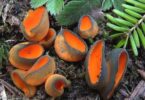
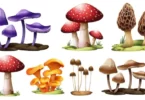
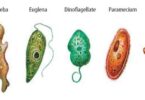
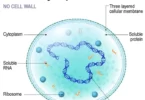
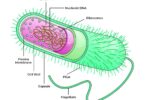
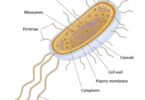
Leave a Comment